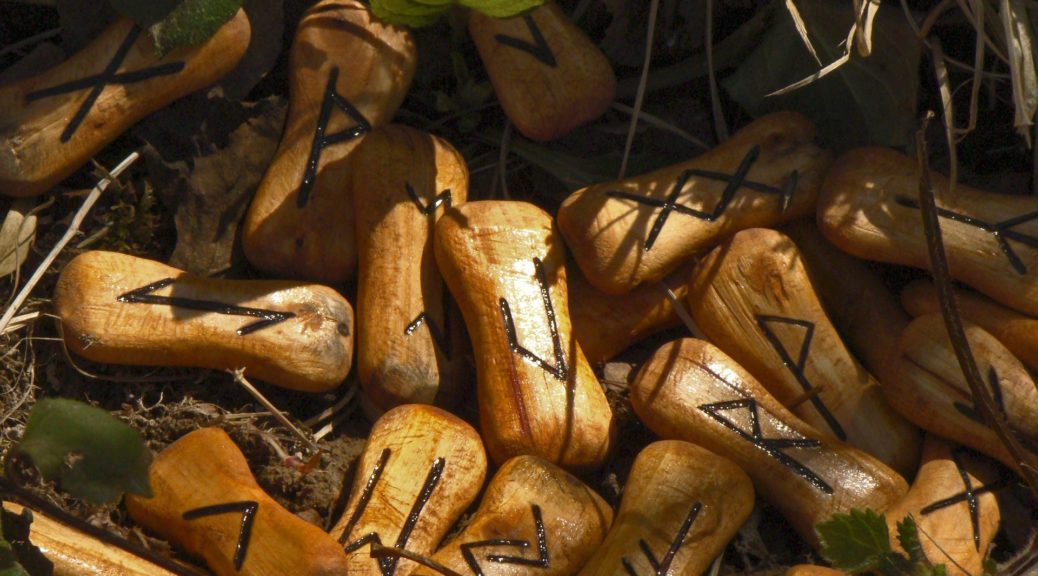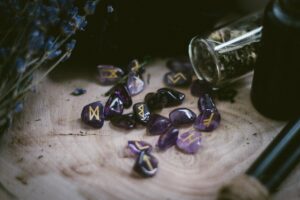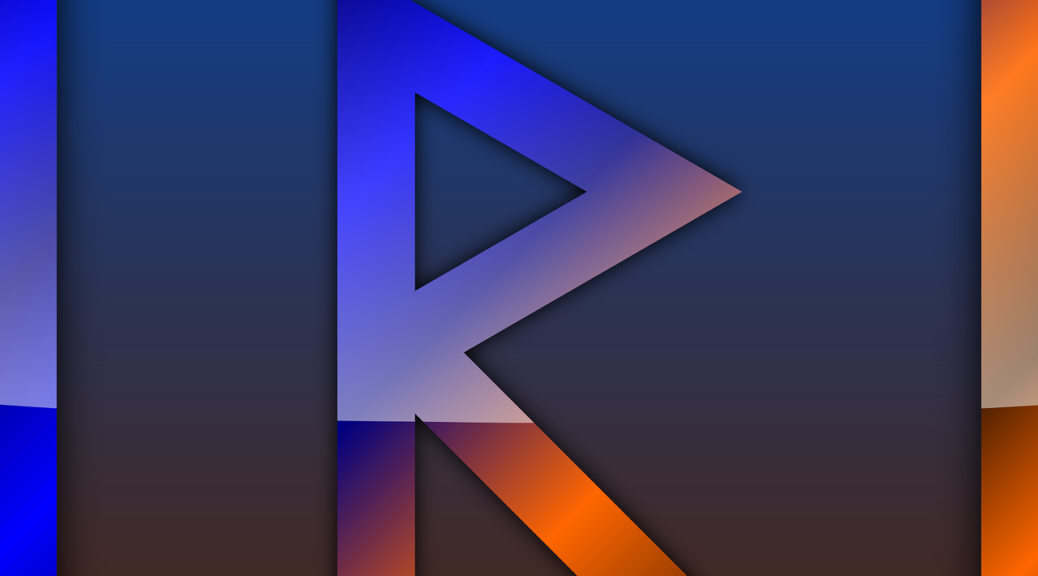The Elder Futhark: Algiz or Elhaz
The fifteenth rune in the Elder Futhark, and seventh rune of Heimdallr’s ætt, is Algiz or Elhaz, which corresponds to the “z” sound in the English alphabet. This powerful rune is the rune of protection and defense.
In Anglo-Saxon, Algiz is spelled Eolh. In Old Norse, it is Yr. Algiz is the rune of the elk; that is, in North America, we call it the moose. Algiz takes on the properties of protection and a shield, which makes it a powerful rune to use in bind runes when you want to protect something. Algiz is the rune of the elk/moose, and takes on the strength of that animal. Moose are known to be incredibly aggressive at times, and often attack by stomping and using their massive horns to defend themselves. Having the power of such a strong animal as protection can be a good thing.
Divination with Algiz
When you get this rune in a casting, its meaning depends a lot on the position it appears in and what runes surround it. Since it is the rune of protection and shielding, it could mean you’re protecting or shielding something and you will fight to keep it safe.
Should you get this rune in your castings, it can be either good or bad, depending on the placement. It means there is a shield, or needs to be a shield around something. For example, if you get Algiz in the current spot, it suggests you or someone else has a shield up or you might be looking for protection. If you receive it in the spot in a casting which offers advice, it recommends that you or the matter in question should be on guard. You may need to look at the runes around it to understand what is influencing that rune. Remember, the runes don’t stand alone when doing a cast. Algiz is influenced by the runes around it, as well as it being able to influence the runes cast with it.
Some Final Thoughts on Algiz
When Algiz appears in a spread, you can assume you need to be on your guard with whatever you’re asking about. It might mean you have or need a shield. Or you may offer protection to someone. Or someone is guarding something from you. In some ways, it can feel negative, but it can serve as a warning in the future spot to guard yourself and be prepared to take action to protect yourself or whatever it is Algiz is shielding. I haven’t had issues with this rune, per se, when it shows up in a cast. Usually it tells me to be careful and not always take things at face value. It offers advice to protect whatever it is I need to.
—
A huge thank you to Sarah Keene and Roland Lock for making this post possible! They are my patrons on Patreon.
—
Disclaimer: This post contains affiliate links. If you purchase something from these links, I get a small stipend which helps support The Rational Heathen. I would encourage you to support my site. Thanks. Did you know you can become my patron for as little as $5 a month? This entitles you to content not posted anywhere else. Plus you get to see posts like this three days before the public! Without patrons, I’d be having a very hard time keeping this blog going. Become a patron today!Become a Patron!





 Fucking freaky. Occasionally the Runes remind me I’m not just screwing around. Like the time when I asked them who was guiding me with the runes and they spelled out Thor’s name and gave me Tyr’s rune.
Fucking freaky. Occasionally the Runes remind me I’m not just screwing around. Like the time when I asked them who was guiding me with the runes and they spelled out Thor’s name and gave me Tyr’s rune.









